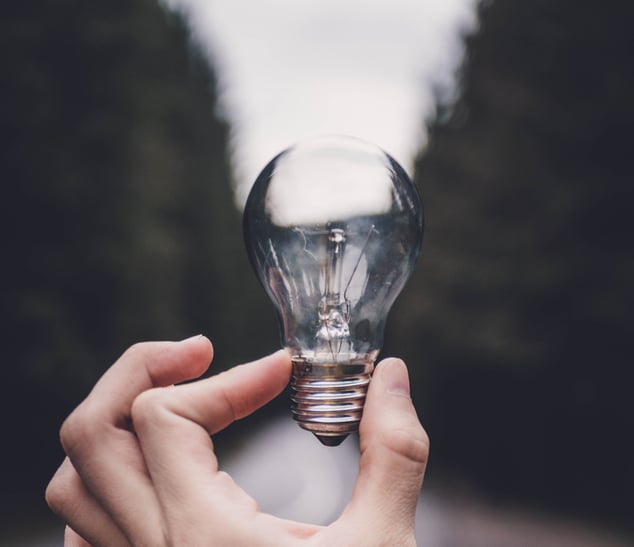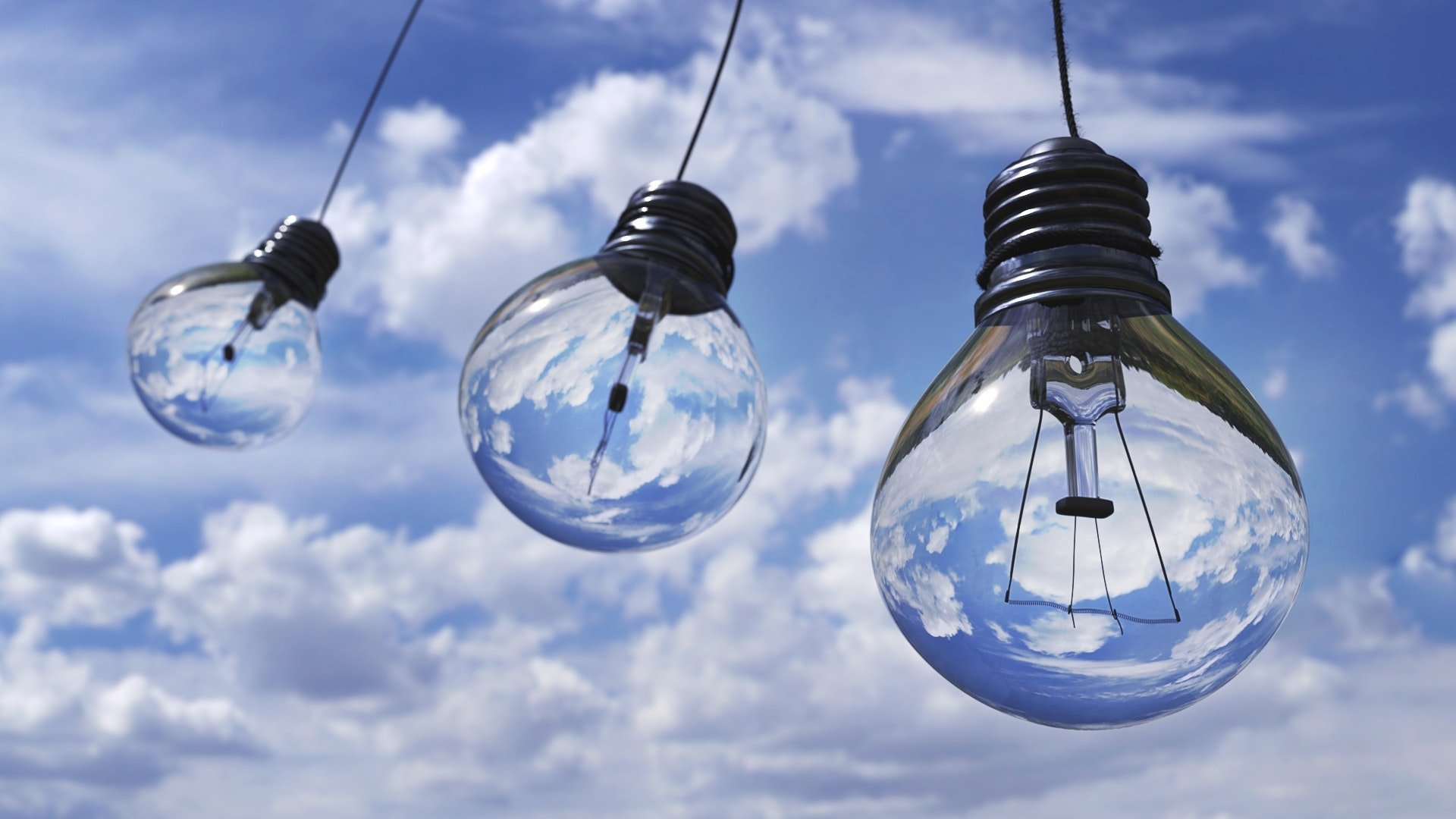If you’ve switched or been looking to switch to more energy efficient lighting, it’s likely you’ve seen the huge selection of bulbs available today. Every bulb, even the one’s lasting 50,000 hours, will run out eventually and need to be replaced. Generally, all light bulbs have some form of waste and it can be difficult to know which ones can be recycled and the best method to do so. Read this guide before you toss a bulb in the trash to know the best way to dispose of each kind of bulb.
Incandescent:
Incandescent bulbs are the traditional, standard bulb we started out with way back in 1879, and is the least efficient way to power your home. If you still have these, it’ll probably be time to throw them out soon.
- These bulbs contain no hazardous material and can be recycled, but it’s best to check if your local recycling center accepts these bulbs. If not, when throwing them away wrap them in a paper or plastic bag to protect yourself and the disposal workers who handle trash.
- IKEA and Home Depot are two retailers where you can drop off these bulbs to be recycled.
Fluorescent:
Fluorescent bulbs are widely used as a low cost option for lighting with a long lifecycle, although not as long as LED. CFLs are commonly used in homes, while the longer fluorescent tubes are common in businesses.
- Compact Fluorescent Light (CFL) and other types of fluorescent bulbs contain mercury – a hazardous material that seeps into soil and water when these bulbs are thrown into landfills.
- Lowe’s, IKEA, and Home Depot are all retailers that have recycling bins in-stores that you can drop your old bulbs into.
- Mail-in services, like LampMaster Recycling, also handle the recycling process for you by sending you a prepaid container for you to send back with all of your bulbs.

Halogen:
Halogen bulbs are a more advanced version of incandescent bulbs and are a low-cost lighting option, although they are on the lower end of energy-efficiency.
- These bulbs contain no hazardous material and can be recycled, but it’s best to check if your local recycling center accepts these. If not, when throwing them away it is best to wrap them in a paper or plastic bad to protect yourself and the disposal workers who handle trash.
- Mail-in services, like LampMaster Recycling, also handle the recycling process for you by sending you a prepaid container for you to send back with all of your bulbs.
-
LED:
LED bulbs have become the top choice for lighting across homes and business as it is significantly more efficient. LED bulbs have a 50,000 hour life-cycle on average, so the odds are you won’t be getting rid of yours anytime soon but here’s what you need to know when the time comes.
- These bulbs contain no hazardous material and can be recycled, but it’s best to check if your local recycling center accepts these. If not, when throwing them away it is best to wrap them in a paper or plastic bad to protect yourself and the disposal workers who handle trash.
- Mail-in services, like LampMaster Recycling, also handle the recycling process for you by sending you a prepaid container for you to send back with all of your bulbs.
- Lowe’s, IKEA, and Home Depot are all retailers that have recycling bins in-stores that you can drop your old bulbs into.
https://www.digitaltrends.com/home/how-to-dispose-of-light-bulbs/
https://recyclecoach.com/residents/blog/lightbulb-disposal-101/
https://www.epa.gov/cfl/recycling-and-disposal-cfls-and-other-bulbs-contain-mercury
